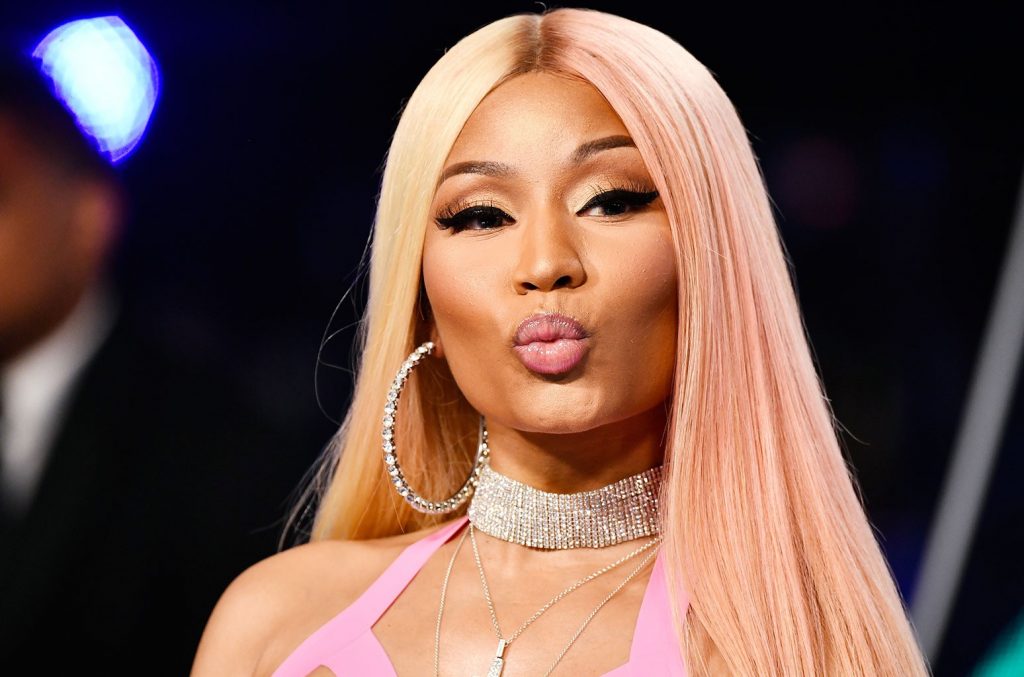In 2018, Tracy Chapman sued Nicki Minaj, saying she had used portions of Baby, Can I Hold You Tonight in her song Sorry. Although the song was never released, a leaked version made its way to radio DJ Funkmaster Flex and went viral online.
On Thursday, documents became public in California federal court reflecting the fact that Chapman had accepted Minaj’s offer of judgment. As a result, the two will not proceed to a trial later this year. By accepting Minaj’s offer, Chapman not only scores a win in the case and $450,000 (which is roughly about 173 million Naira), the esteemed singer also avoids being responsible for costs had a jury eventually decided her claims weren’t worth that amount.

According to court papers in the case, Minaj and her reps sought a license to Chapman’s composition. One of the clearance specialists put on the task is said to have known that Chapman was on the “do not sample list”— an unwritten list of artists who are well-known for not allowing samples of their works. Minaj’s team made efforts anyway, but Chapman rejected a request. Minaj persisted, but the song only got out through the leak.
On summary judgment, U.S. District Court Judge Virginia Phillips ruled that Minaj had a fair use right to use the song in the studio to enable musical experimentation — “A ruling uprooting these common practices would limit creativity and stifle innovation within the music industry” — while setting up a trial to explore the facts and responsibility for the leak and ultimate distribution of the song.

In a statement by Chapman, she said;
“I am glad to have this matter resolved and grateful for this legal outcome which affirms that artists’ rights are protected by law and should be respected by other artists. I was asked in this situation numerous times for permission to use my song; in each instance, politely and in a timely manner, I unequivocally said no. Apparently Ms. Minaj chose not to hear and used my composition despite my clear and express intentions. This lawsuit was a last report — pursued in an effort to defend myself and my work and to seek protection for the creative enterprise and expression of songwriters and independent publishers like myself.”
Now you know how expensive it is to take another songwriter’s work without permission. Whew!
